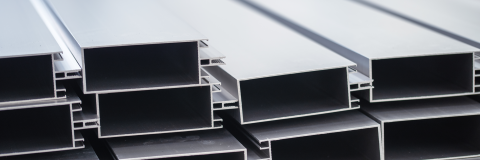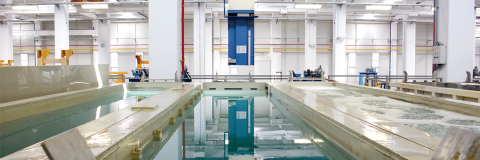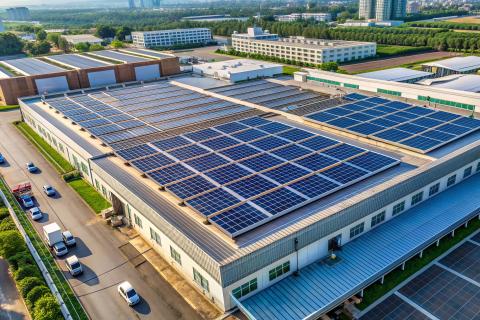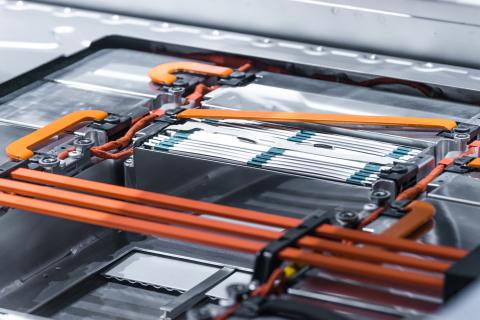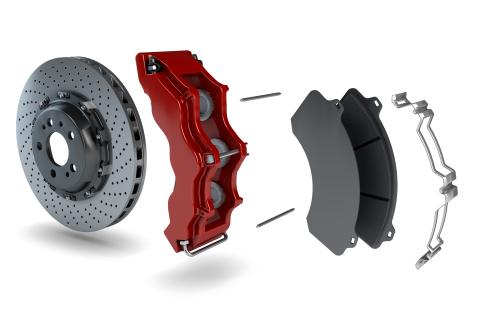Recycling and the Manufacturing Industry
Recycling is more than a habit, it’s a journey that plays a vital role in our larger sustainability efforts. Simple practices like sorting recyclables and reducing plastic use can collectively make a significant impact. However, when supported by coordinated community and government initiatives, consistent individual-level efforts can lead to lasting change.
Communities must provide appropriate bins, organize collection services, and educate the public on the importance of recycling. But what about large corporations and manufacturers? These entities often rely on policies and regulations, such as subsidies, tax rebates, and grants, to drive their sustainability efforts. Additionally, developing new and efficient recycling technologies is crucial for long-term sustainability.
Working within the chemical manufacturing industry, sustainability plays a crucial and ever-present role in day-to-day initiatives. The 5R strategy outlines the economic, technical, and environmental benefits of sustainable practices in the development and manufacturing of sustainable chemistries.
Defining the 5Rs of Sustainability
1. Reuse: Prioritize the reuse of materials and avoid unnecessary and harmful products. In the manufacturing sector, this may include developing technologies that reduce or eliminate harmful substances and forever chemicals, including PFAS.
2. Reduce: Minimize waste by using less material and choosing minimal packaging. For the chemical industry, this includes creating highly concentrated additives to reduce packaging, weight, and transportation needs, as well as lowering metal concentration in the plating processes to decrease harmful chemical waste.
3. Remanufacture: Repurpose items instead of discarding them. A great example coming from different types of industries, where recycled plated plastic materials e.g. ABS are used up to 30-35%, which reduces waste once these materials are remanufactured.
4. Repurpose/ Repair: Creatively use items for new purposes. Within surface finishing, this includes separating, treating, and reusing the rinsing water from plating lines.
5. Recycle: Properly sort and dispose of recyclable materials. For individuals who recycle, they are familiar with the practice of recycling plastic bottles and containers. Though a common practice, many do not consider the chemistry developed to clean and separate these plastic materials, enabling them to be reused.
It is important to note that plastic recycling goes beyond our homes, offices, and grocery stores - impacting plastic parts used in key industries, including the automotive sector. Recent projects run by applicators have shown that the use of recyclable plastics can lead to a reduction in CO2 content within ABS applications.
Putting the 5Rs into Practice
Managing recycling involves the entire lifecycle of products, from design and manufacturing to disposal and recovery. Future-forward companies embed sustainability throughout R&D and manufacturing processes, delivering high-quality products that meet or exceed sustainability goals and regulations set by local, national, or international regulatory agencies.
Sustainable manufacturers must keep the 5Rs at the forefront of their operations and design solutions to exceed current regulations, meet customer demands, and enhance sustainability without sacrificing performance. Manufacturers must examine their operations and find ways to enhance sustainability. This can include a focus on reducing water use, recycling metals and water, and implementing sustainable practices across local and global operations. Small practices can make a large impact. This was recently highlighted at a metal finishing facility utilizing high working temperature solutions. They found that a small reduction in temperature, by only a few degrees Celsius, while staying in the working range, had a positive impact on energy savings. Along with this, implementing dedicated auxiliary equipment, including purification and recovery units, provided environmental and cost benefits, with 90-95% of the nickel and copper used moving to recycling rather than disposal.
Companies within the surface finishing industry, including MacDermid Enthone (a subsidiary of Element Solutions Inc), have set ambitious sustainability goals, reporting progress annually. The latest Element Solutions Inc sustainability report highlights significant outcomes, with nearly 31% of sales coming from sustainable products. These products not only enhance water and metal recycling and reuse but also eliminate harmful chemicals from the environment while decreasing the metal concentration needed for plating processes across various industries. Initiatives such as these illustrate how the 5Rs of sustainability are embedded in the organizational culture, driving innovation and setting a benchmark for the surface finishing industry.
Every action, no matter how small, contributes to our global sustainability goals. From sorting waste at home to developing chemistries that enhance safety and reduce environmental impact, each step brings us closer to a greener, more sustainable future.
Authored by
Mariola Brandes Global Director Decorative Systems, WRC and PET at MacDermid Enthone Industrial Solutions
Zeynep Kirca Global Product Line Technical Specialist DECO/POP at MacDermid Enthone Industrial Solutions


